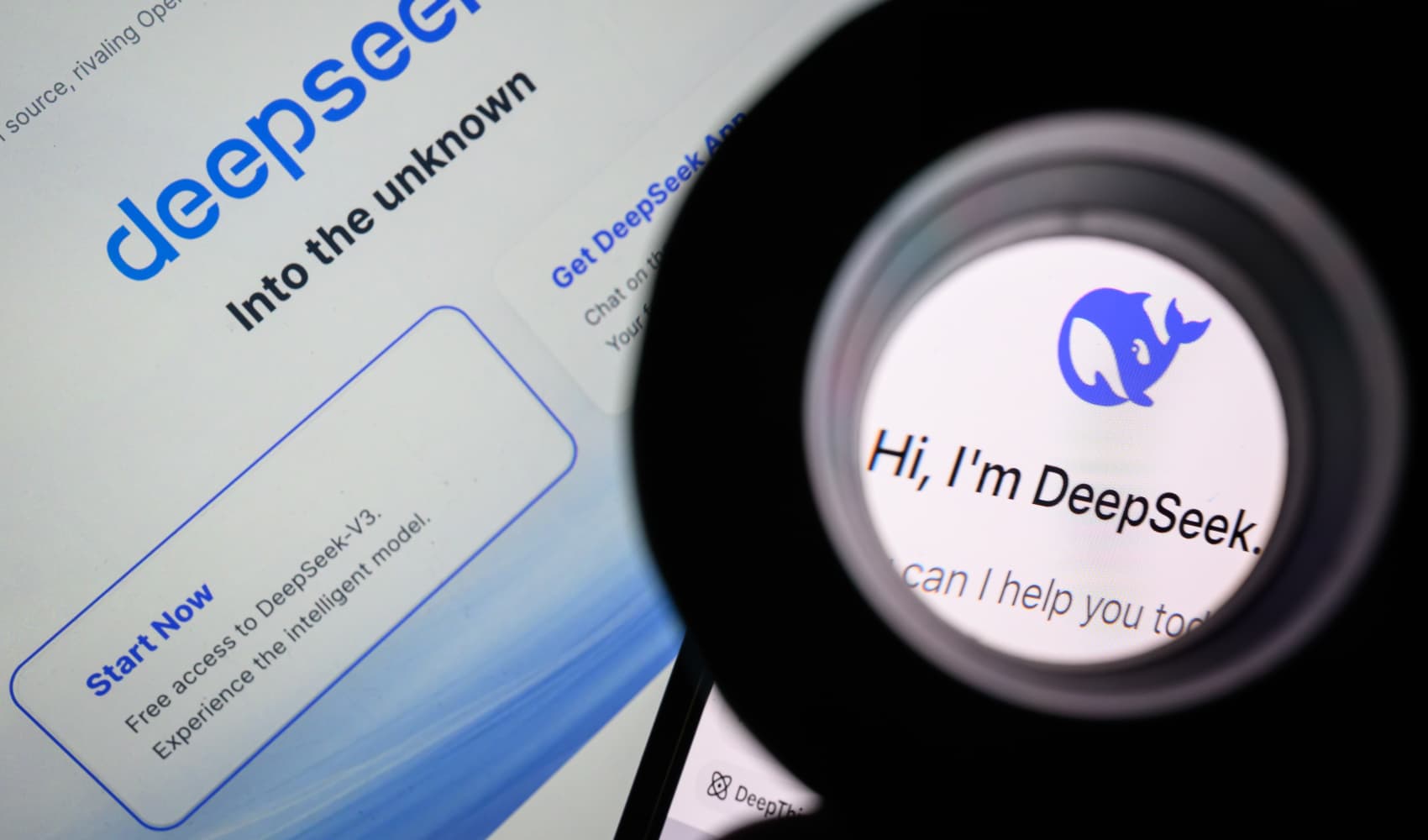
Wharton professor and organizational psychologist Adam Grant
If you ask, "What's your company culture like?" in a job interview, chances are you'll get a generic answer.
"Our team is really collaborative," the recruiter might say. "We're like a family here. We place a strong emphasis on open communication and working together towards a shared goal."
The problem is that these responses can feel canned or rote. They don't end up giving you the information you need.
"My favorite advice to job seekers and career switchers is, Don't just ask people to describe the culture, because you tend to get a lot of platitudes and cliches," Wharton psychologist Adam Grant says. "What you want to do is anchor more in people's day to day experiences. And the easiest way to do that is to ask, 'Can you tell me a story about something that happens here but would not elsewhere?'"
Get top local stories in Southern California delivered to you every morning. Sign up for NBC LA's News Headlines newsletter.
Grant, who's a bestselling author and Glassdoor's "Chief Worklife Expert," has been a public speaker and leadership consultant for over 10 years. He says that asking this question helps you to truly get a feel for interactions at this particular company — something many job seekers don't spend enough time analyzing.
"You want to spend as much time vetting the culture of the place as you do the nature of the work," says Grant. "Our opportunities are shaped as much by the people and values around us that they are by what we're doing day to day."
Brianna Doe, founder of boutique marketing agency Verbatim, learned this the hard way. She once accepted an offer from a company that wasn't clear on what its culture was like, Doe said last year. After joining, she wished she had been better prepared.
Money Report
Now, having led hiring interviews for over seven years, Doe advises professionals to learn about the culture by asking questions like, "What are the common themes that you find among your highest performers?" and, "What would the first 30 days look like for the person in this role?"
At a new company, your specific position matters, but so does the big picture.
"Everybody's job changes over time, and you might end up in a role that was a great fit for you today, and it's not such a good fit tomorrow," Grant says. "Ultimately, the best shot you have in improving that situation is having joined a culture where you know people are invested in your growth, success and well being."
When you ask the kinds of questions suggested by Grant and Doe, you can sift through the answers to look for patterns, both positive and negative. Maybe there's a fun, quarterly incentive to get employees excited about meeting certain goals. Or maybe there's a palpably competitive atmosphere, which can make some workers feel uncomfortable.
Those are experiences you likely won't hear about when simply asking what the company culture is like. And culture matters: Many employees say that they want to work for companies that share their values and where they feel engaged and respected.
As a job seeker, you can gain valuable information by asking their employees for their stories.
"When people tell those stories, they give you lots of clues about whether this is the kind of organization that [provides] a sense of psychological safety, fairness and control, where you can really shape your own destiny," Grant says.
Want to up your AI skills and be more productive? Take CNBC's new online course How to Use AI to Be More Successful at Work. Expert instructors will teach you how to get started, practical uses, tips for effective prompt-writing, and mistakes to avoid. Sign up now and use coupon code EARLYBIRD for an introductory discount of 30% off $67 (+ taxes and fees) through February 11, 2025.
Plus, sign up for CNBC Make It's newsletter to get tips and tricks for success at work, with money and in life.






